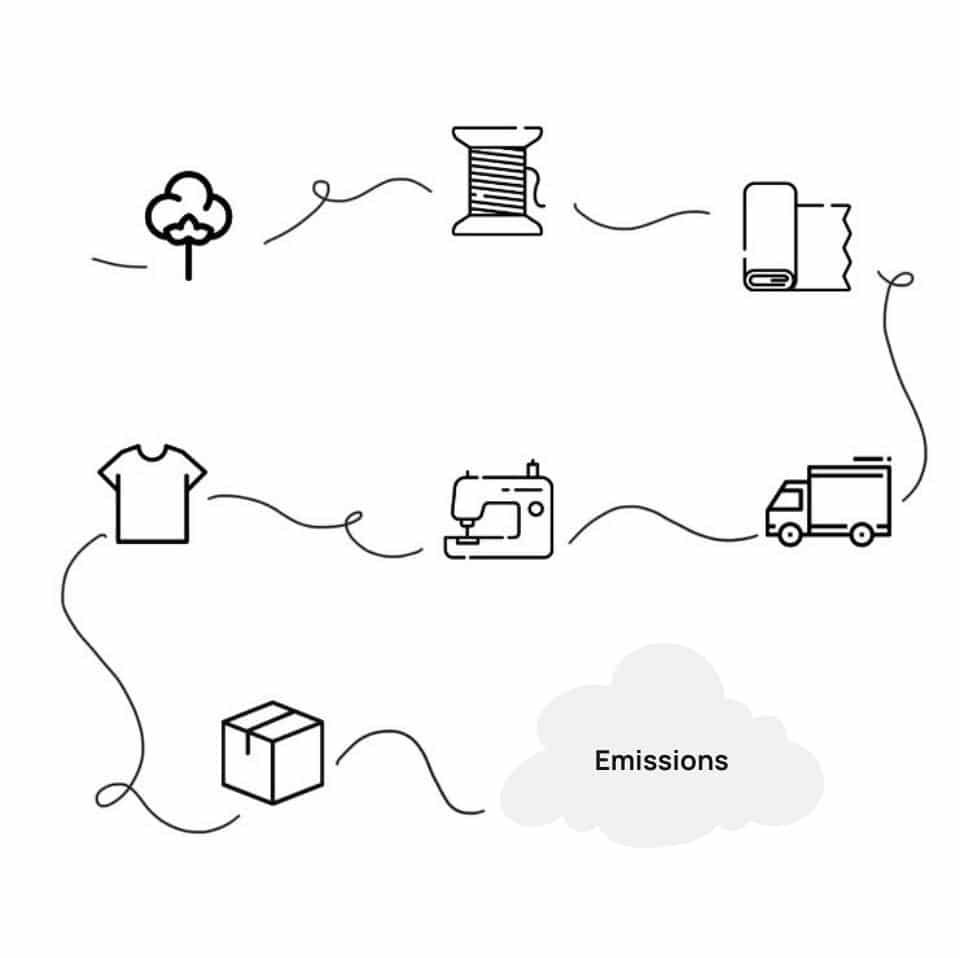In 2020, we offset the emissions resulting from the PCF and CCF with two different projects:
In the course of the CCF, we were involved in reforestation in Guanaré, Uruguay. The aim was to create usable land that can be used for a variety of purposes. Not only can more water and nutrients be created through this, but the wood raw materials obtained through created forest areas can also be chalked up as a success.
The emissions of the PCF are offset by a solar energy project in Jaloya, India. Solar parks are being built for this purpose, through which 349,000 MWh of clean electricity can be generated annually. The electricity generated is fed into the local grid, replacing the equivalent amount of electricity that would otherwise have been generated by fossil fuels. In addition to the energy supply, the project also contributes to the improvement of the infrastructure and the creation of new employment opportunities.







